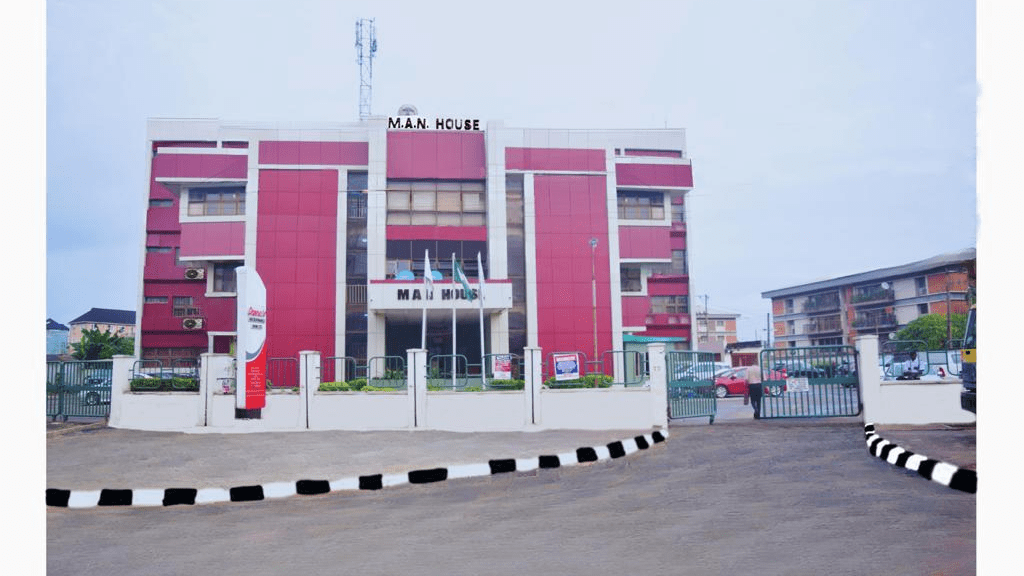Dike Onwuamaeze
The Lagos Chamber of Commerce and Industry (LCCI) has stated that the non-passage of the National Automotive Industry Development Plan (NAIDP) into law has slowed progress and weakened investor confidence in the Nigerian automobile manufacturing industry.
This statement was made yesterday by the President of LCCI, Mr. Gabriel Idahosa, in his address during the chamber’s Automobile and Allied Services Group Symposium with the theme, “The Impact of Non-Passage of the NAIDP Policy into Law on the Automobile Industry,” which spoke directly to the challenges and opportunities shaping our nation’s industrial future.
Idahosa said without legal backing, the “automobile industry faces uncertainty, inconsistent implementation, and policy reversals that discourage both local and foreign investors.
“The result has been reduced capital inflows, stalled assembly operations, and a continued reliance on imported vehicles that drain our foreign exchange reserves.”
He said the NAIDP was designed as a strategic blueprint to transform Nigeria’s automobile sector with clear objectives of promoting local manufacturing, attracting investment, creating jobs, encouraging technology transfer and gradually reducing Nigeria’s dependence on imported vehicles and components.
He added: “At its core, NAIDP aims to build a sustainable automotive value chain that supports inclusive growth and competitiveness.
“Unfortunately, the non-passage of this crucial policy into law has slowed progress and weakened investor confidence.
“Without legal backing, the industry faces uncertainty, inconsistent implementation, and policy reversals that discourage both local and foreign investors.
“The result has been reduced capital inflows, stalled assembly operations, and a continued reliance on imported vehicles that drain our foreign exchange reserves.”
Idahosa said the consequences of the non-passage of NAIDP policy into law included the non-realisation of the industry’s capacity to generate thousands of potential jobs, limited local content growth and the fact that, “Nigeria has lost ground to regional competitors, such as South Africa and Morocco, which have leveraged clear automotive laws to attract global Original Equipment Manufacturers (OEMs).”
He said: “The absence of a binding framework also limits backward integration, meaning many ‘assembled’ vehicles still rely heavily on imported parts.
“This undermines the policy’s goal of stimulating our domestic supply chain and technical capacity.”
He added that the uncertainty surrounding the policy has also led to regulatory fragmentation in the automobile industrial.
He said operators in the industry are currently facing overlapping mandates, arbitrary tariffs, and conflicting guidelines from different agencies.
“Without legal clarity, the industry cannot plan long-term or make the strategic investments necessary to build modern plants, train engineers, or support local innovation,” he added.
Idahosa, however, said opportunities exist in the industrial sub-sector despite these setbacks due to Nigeria’s strong domestic market, robust entrepreneurial base and young, energetic workforce.
He said: “With the right legislative action, we can reignite investor interest and position Nigeria as the automotive hub of West Africa.
“The global shift toward electric vehicles and clean technologies also presents an opportunity for Nigeria to leapfrog into modern, sustainable vehicle production if the right incentives are legislated now.”
He proposed that the LCCI, allied associations must jointly engage with the National Assembly and the executive arm of the government to expedite the passage of the NAIDP in order to move the industry forward.
“Furthermore, policy refinement and stakeholder alignment should be considered to ensure the plan is reviewed to incorporate realistic incentives, balanced tariffs, and achievable local content targets.
“In addition to phased implementation, the government can introduce interim executive measures to sustain momentum while awaiting the full implementation of legislation.
“Also, institutional coordination can be established through the creation of a dedicated Automotive Development Commission to ensure transparency, monitoring, and compliance,” he said.
Idahosa remarked that the cost of inaction is far greater than the effort required to act.
“Every delay prolongs unemployment, deepens Nigeria’s import dependence, and weakens the country’s industrial base.
“The passage of NAIDP into law is not merely a policy milestone; it is an economic imperative. It is the foundation upon which we can build a competitive, innovative, and job-creating automotive industry,” he said.
According to him, in the face of rising uncertainties and crises surrounding tariffs globally, “Nigeria, with a massive population of about 230 million, cannot afford to depend on imports to meet its mobility needs.
“We also urge the government to demonstrate a greater commitment to driving the adoption of e-mobility assets, such as the CNG initiative and electric vehicle possibilities.
“If we act decisively, Nigeria can reclaim its place as a manufacturing leader, create thousands of jobs, and ensure a sustainable industrial base for generations to come.
“The time to act is now,” Idahosa said.




